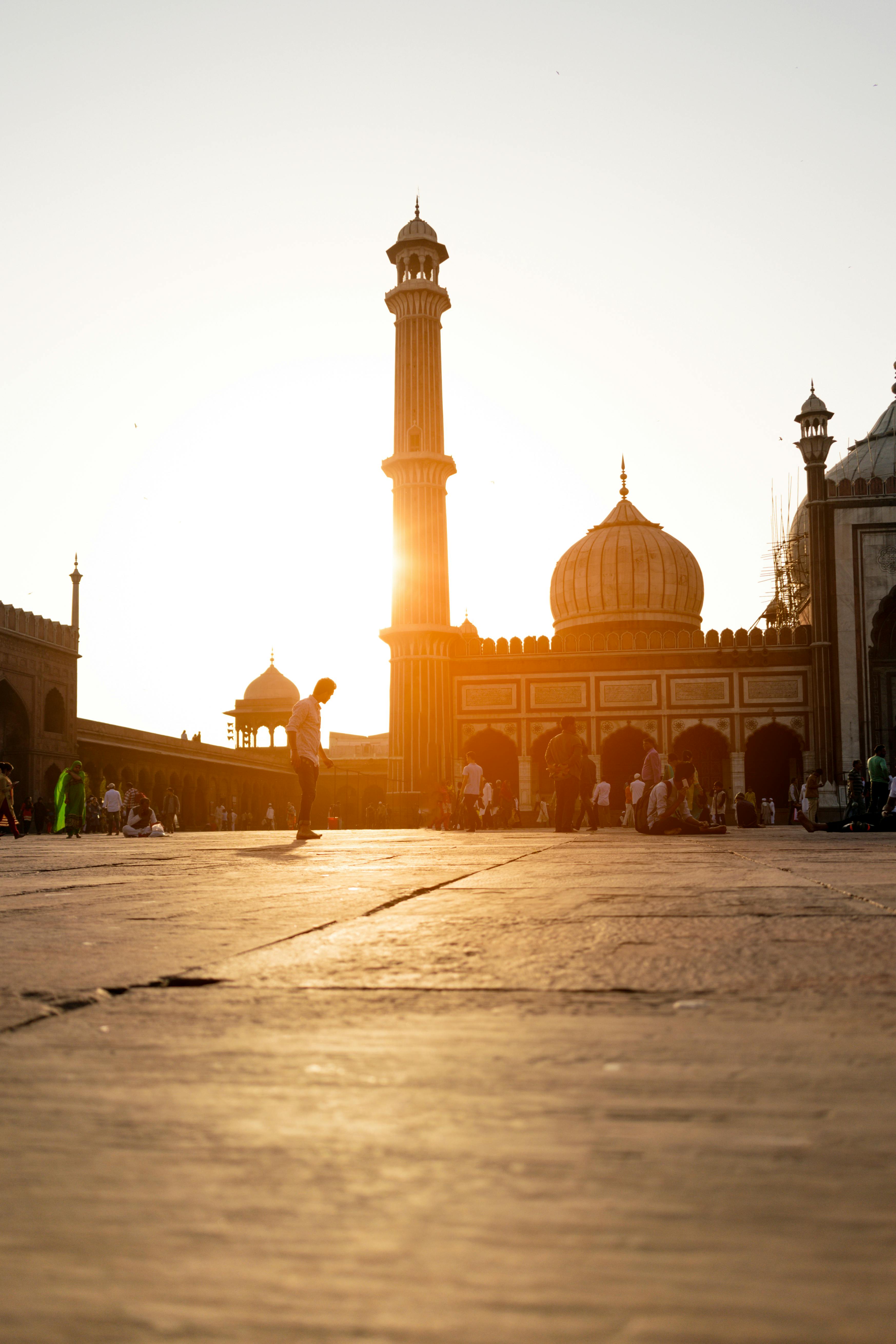
Using Privilege to Foster Communal Harmony: A Call for Action in India
India is known for its incredible diversity, but with that diversity comes the challenge of maintaining communal harmony. Despite the legal frameworks and constitutional promises that aim to keep us united, the reality is that incidents of violence against minorities continue to surface. This makes it clear that more needs to be done, especially by those who have the privilege and power to make a difference. Let's dive into the current situation and explore how acknowledging and using privilege can help foster a more peaceful society.
Minority Rights in India's Criminal Justice System: A Tough Road
When it comes to protecting minority rights, India's criminal justice system (CJS) has a lot of room for improvement. Recent events, like the communal violence in Haryana where six lives were tragically lost, highlight how dire the situation can be. Reports consistently show that authorities often turn a blind eye to violations against minorities, which only adds to the problem. This isn't just about one-off incidents—it's a systemic issue that needs to be addressed head-on.
The Power of Privilege in Promoting Harmony
In a society like ours, where social hierarchies play a big role, those with privilege have a unique opportunity—and responsibility—to help bridge the divides. Nicole Nfonoyim-Hara, an anthropologist, defines allyship as a process where someone with privilege stands in solidarity with marginalized groups to challenge the systems that oppress them. In India, privilege comes in many forms—whether it's social, economic, or political—and recognizing how you can use yours to make a positive impact is the first step.
Recognize Your Privilege: It all starts with acknowledging the advantages you might have. Whether it's your caste, religion, economic status, or political connections, these factors can give you a leg up that others might not have. By understanding this, you can start to see the disparities that marginalized communities face every day.
Listen and Learn: Those who hold power should make it a point to listen to the experiences of marginalized communities. This isn't just about hearing words—it's about truly understanding the pain and struggles that come from communal violence and historical injustices. For example, a recent campaign in Delhi brought people together to engage in peaceful dialogue and community activities, emphasizing the importance of learning from each other.
Challenge Your Biases: We all have biases, whether we realize it or not. But if you're in a position of privilege, it's especially important to confront these biases head-on. By doing so, you can help break down the stereotypes that often fuel communal tensions.
Speak Up: Silence can be just as damaging as the injustice itself. If you see or hear something that's not right, don't stay quiet. Use your voice to stand against communal violence and discrimination. Recently, Kerala's Chief Minister warned against any attempts to disturb communal harmony, showing how important it is for leaders and individuals alike to take a stand.
Support Inclusive Policies: If you're in a position to influence policies, use that power to push for the inclusion and protection of all communities. This could mean supporting laws that address the root causes of communal violence, such as economic inequality or lack of representation. Voting for leaders who prioritize these issues is also a critical way to make a difference.
Invest in Change: Finally, making a positive impact often means putting your resources—whether it's time, money, or influence—into initiatives that promote harmony. Supporting grassroots organizations, educational programs, or community dialogues can go a long way in creating lasting change.
Staying Safe and United in Challenging Times
When tensions rise, staying safe becomes crucial. It's important to stay informed, avoid areas of conflict, and rely on trustworthy sources for information. Beyond that, promoting solidarity through community engagement and peaceful dialogue can help prevent things from getting worse. The recent violence in Haryana is a stark reminder of why these measures are so important.
Steps Toward Systemic Change
To truly promote communal harmony and tackle systemic inequalities, here are some actions that can make a difference:
Amend the Constitution: Expand protections to include not just religious minorities but also national, ethnic, indigenous, and caste minorities, along with their languages and cultures. Introduce New Laws: Create laws specifically aimed at preventing and punishing crimes against minorities, similar to the SC/ST (Prevention of Atrocities) Act, 1989. Establish Accountability: Set up mechanisms to hold police and politicians accountable for crimes against minorities, putting an end to the culture of impunity. Reform Criminal Justice: Align penal laws and the Police Act with the democratic values of the Indian Constitution. Adopt International Standards: Implement the UN's guidelines for law enforcement, prosecutors, and judges to strengthen human rights protections. Promoting communal harmony in India is a collective effort that requires everyone to pitch in.
Conclusion
By acknowledging your privilege, advocating for systemic reforms, and actively engaging in efforts to protect minority rights, you can contribute to a more just and peaceful society. As Maimah Karmo wisely says, "Allyship is active. Allyship is authentic. Allyship is a path that if taken by all, will author a new story of justice for all, and make equitable change for generations to come."
If you or somebody you know is struggling with something difficult and needs to get in touch with a therapist, consider reaching our Support and Engage verticals for affordable and inclusive help!
Like our content? Please show us some support by sharing and up-voting!
Image Credits: Unsplash
